Welcome to the Faculty of Biology
The faculty in numbers
> 1600 students
grants
budget
61 non scientific staff
144 scientific staff
23 professors
The website of the Faculty of Biology is currently under construction!
Our research focuses
from molecular biology issues, through the level of organs and organisms to complex ecosystems

Research focus Medical Biology
Biomedical research at the Faculty aims to identify disease mechanisms at the molecular level and to develop biotechnological methods that can be used to influence these processes in order to develop more precise diagnostics and novel active substances.

Research focus Water and environmental research
The focus of the working groups on "Water Research" is on questions relating to the development, changes and restoration of aquatic biodiversity from the level of genes and species communities to ecosystems and their function. In addition to basic research, the focus is on interdisciplinary, application-oriented research projects.

Research focus Empirical teaching and learning research
The research focus on subject-related empirical teaching and learning research investigates questions relating to the learning and teaching of biology at school, at university or at extracurricular learning venues. In cooperation with other working groups in subject didactics and teaching-learning research, they also investigate interdisciplinary questions. They are integrated into the Interdisciplinary Center for Educational Research (IZfB) and the Center for Teacher Education (ZLB).
Latest news from the Faculty of Biology
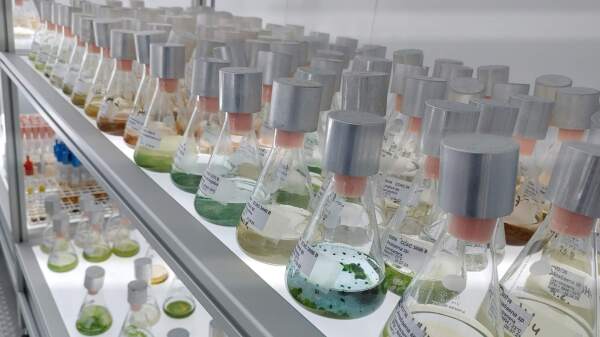
Autumn 2024 Decoding the genome of the UDE algae collection
An interdisciplinary team of researchers from the University of Duisburg-Essen and the Westphalian University has successfully acquired research project funding from the renowned Joint Genome Institute of the Lawrence Berkeley National Laboratory (LBL), Department of Energy of the USA to decode the genetic material of the algae collection of the University of Duisburg-Essen. After years of intensive development, the scientific algae collection is one of the largest in the world with more than 7000 strains.
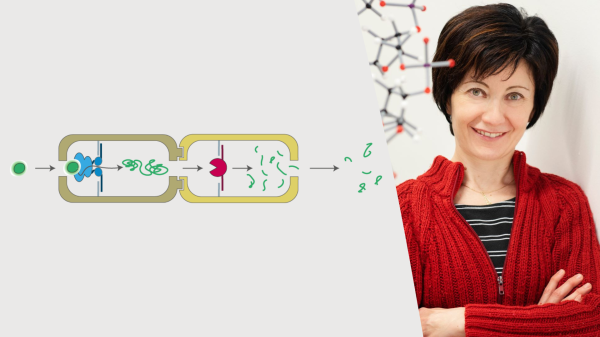
Summer 2024 New ways for artificial nanofactories
UDE researchers use DNA origami method
- von Jennifer Meina
- 29.07.2024
Artificial nanofactories are tiny workshops made from the human body's own molecules that are precisely designed and constructed according to a blueprint. In the future, they could help to better recognise disease markers or environmental toxins, for example, or serve as highly specific catalysts for energy conversion and storage. Researchers at the University of Duisburg-Essen have developed a model that regulates the unfolding and degradation of proteins using compartmentalisation strategies – which could open up new ways of developing artificial nanofactories. Their results have now been published in Nature Nanotechnology.
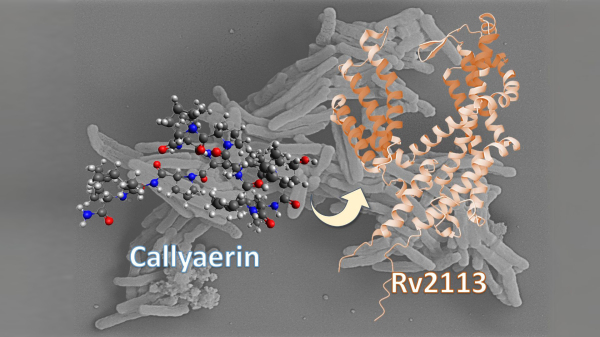
Summer 2024 New active principle against tuberculosis
Publication in Cell Chemical Biology
26.07.2024
Researchers from Heinrich Heine University Düsseldorf (HHU) and the University of Duisburg-Essen (UDE) have jointly succeeded in identifying and synthesising a group of molecules that act in a new way against the pathogen that causes tuberculosis. In the scientific journal Cell Chemical Biology, they describe that the so-called callyaerins have a fundamentally different effect than previous antibiotic agents against the infectious disease.

Summer 2024 Senckenberg Researcher Peter Haase Recognized as “International Champion”
Frontiers Planet Prize and research grant in the amount of one million Swiss francs awarded for his work on rivers and streams
Senckenberg aquatic ecologist Prof. Dr. Peter Haase was honored today as an “International Champion” with the Frontiers Planet Prize from the Frontiers Research Foundation. At one million Swiss francs – the equivalent of around 1.05 million euros – it is one of the world’s most highly endowed awards for pioneering nature research. The prize recognizes a study by Haase and his team on the biodiversity of streams and rivers throughout Europe. The researchers’ analyses revealed that, on average, the diversity of species and ecological functions in rivers has increased over the last 50 years, but that this positive trend has come to a halt since 2010. Based on these results, measures for the recovery of freshwater biodiversity can be identified to improve the important functions of river ecosystems.
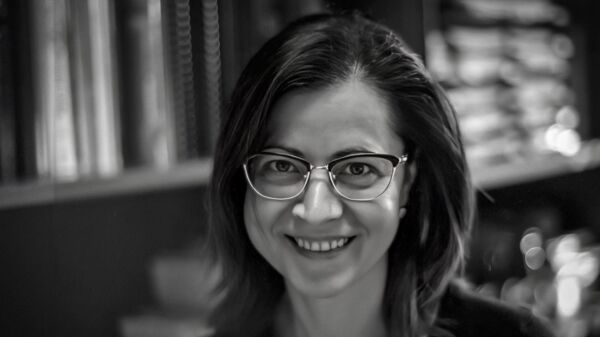
Summer 2024 Dana Branzei selected for Humboldt Professorship 2025 at the UDE
Top researcher Dana Branzei has been selected by the Alexander von Humboldt Foundation for the Humboldt Professorship 2025.
The internationally renowned expert in molecular biology is currently researching the mechanisms of DNA repair at the Research Institute of Molecular Oncology in Milan, thereby contributing to the fundamental understanding of cancer development and therapy.
She is to be appointed to the Research Center One Health Ruhr of the Research Alliance Ruhr at the University of Duisburg-Essen.
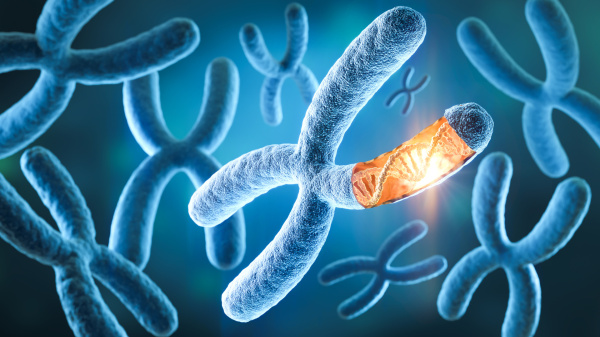
Summer 2024 Molecular Stop Signal Identified (Ressort Presse)
The Surveillance System of Cell Division
- von Birte Vierjahn
- 04.06.2024
Several million cells divide every second in our bodies. During nuclear division (mitosis), the genetic material must be distributed correctly and completely between the daughter cells - errors in this process can lead to defective developments or genetic disorders, and many cancer cells are also characterised by unequal numbers of chromosomes. Therefore, if errors in the division process become apparent, the cell can stop it. Biologists at the University of Duisburg-Essen have been able to elucidate this process at a molecular level. The scientific journal ‘Current Biology’ has published their findings.
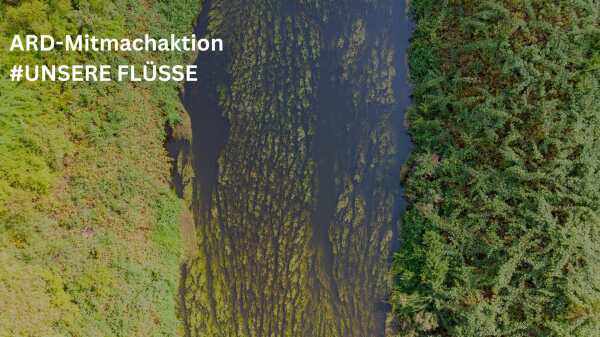
Spring 2024 ARD join-in campaign #OurRivers
Examines streams and rivers
The water quality of large rivers such as the Rhine, Neckar and Danube is regularly tested. But what about the small streams that meander through meadows and fields? We know very little about them. The ecological condition of our streams is rarely recorded, even though they make up around 70 percent of our 500,000 km of flowing waters. In the ARD join-in campaign #UnsereFlüsse, presenter Jessy Wellmer calls on us to close this knowledge gap together. Professors Florian Leese and Daniel Hering from the UDE are supporting the campaign as scientific advisors.
Anyone can take part in the ARD join-in campaign. Take a questionnaire with you, go to the nearest stream in the woods or meadow and examine the little river. Does it flow freely and in curves, are the banks natural? The questionnaire guides the participants through a systematic analysis of the river. The stream assessments will be published on a map of Germany at DasErste.de/unsereFluesse. In addition, 30 streams will be selected from this map and examined by the UDE team with regard to their biodiversity.

